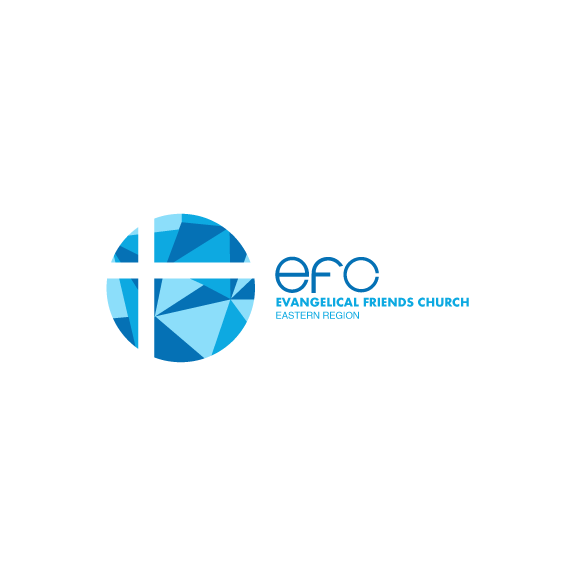Isaiah 55
Isaiah 55
V. 1 “Come” is repeated four times in just this single verse. The invitation is for the thirsty, the poor, and the hungry. The repetition shows the longing nature of the invitation, the urgency for the other to respond.
V. 2 Surely we would not buy bread that doesn’t fulfill like bread especially if free bread was offered to us. We also would not work to gain something if what is free is a better. We can obtain such a gift by listening and responding to the invitation.
V. 3 This everlasting covenant is for those that listen for the Lord and enter to be with him.
V. 4 We see that God is still using the house of David to bring about hope through his house ruling as kings.
V. 5 The everlasting covenant is being opened up to the whole world, to be accepted by the descendants of David. Or, specifically one descendant who is the Messiah.
What is the significance of water, milk, and wine? How do the relate to this covenant with Jesus?
V. 6 There is a time limit to this offer of salvation.
V. 7 To come to the Lord, each must repent and take off the old and put on new. Only by allowing the old to be stripped away will we be able to experience the abundance of God.
V. 8 God places himself on a higher level than sinful man, and goes on to say that his ways are much better than the sinful nature man so desperately clings to.
V. 9 The separation between the heavens and the earth are incomprehensible. The distance been the morality of man and God are far.
How does the mission of Christ change the separation between God and man?
Vv. 10-11 The snow and rain provide water for the soil which ultimately produce good food to eat. So the Word will go out and produce good fruit.
Vv. 12-13 By the Word going forth, we see the Lord’s triumph shared over all of creation. Joy is produced. The thorn and brier have no place in this new creation where now only beautiful plants grow.
Most people will reject the Word, so what does this section mean that it will not “return to me empty”?
Is the church reflecting such victory?
